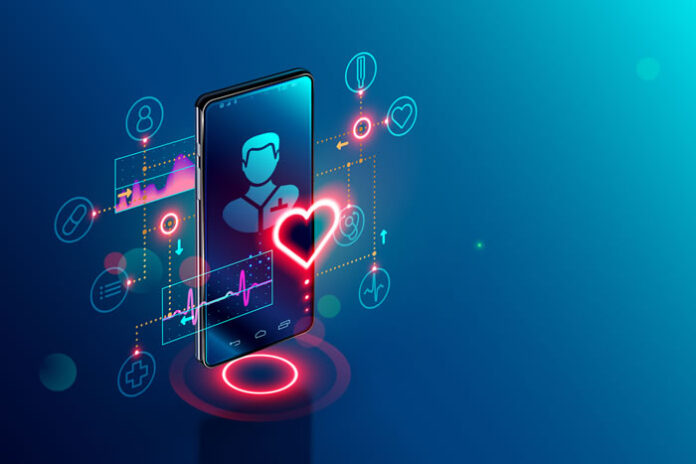Introduction
To gain an in-depth understanding of The Health Metaverse one must start with a clear definition and then perform a complex analysis of all foundational elements, as well as their impact on various industries in the global ecosystem.
Several industries have been leading the way in the design, development and deployment of The Metaverse, however given the current post-pandemic landscape this author wishes to highlight the implications for healthcare and the potential for a future with the Health Metaverse.
Global Impact
There are ongoing divergent opinions even among experts about how to optimally define the Metaverse, ranging from those that describe it as an innovative emerging technology poised to redefine our society and economy, and all the way to those that still consider it a futuristic state under development. This allows for significant misconceptions, misinterpretations and myths to persist in the general population.
One intriguing definition conceptualizes The Metaverse as a new universe, that allows us to reach new frontiers never imagined before. In this new world we will be able to interact in totally novel ways that transcend our current physical and geographic boundaries and facilitate transformation of our current universe to a novel digital, social and economic Metaverse. These transformative changes are expected to have a profound and disruptive impact on the future of work, and it is likely that forward-looking companies embracing the benefits of The Metaverse will gain a competitive advantage.
Furthermore, there will likely be a significant impact on our societal emotional intelligence and on our behavioral interactions given the risk of dehumanization that can occur with such a high degree of involvement with converging emerging technologies that contribute to the creation of The Metaverse (such as AI, IoT, 5G, DLT, Web 3.0, VR, AR, XR, next generation computing, etc.)
The potential advantages of such an advanced technological global ecosystem are numerous, however we also have a moral imperative to mitigate the potential emotional, moral and ethical negative consequences. There are several strategies to accomplish this and some of the key drivers of being successful are proactive digital ethics programs and applying the principles of design thinking in order to ensure a Human-Centric Metaverse. Redesigning the current educational system will also be crucial if we would like future generations to not lose the capacity and vulnerability inherent to human interactions. Pedagogy in The Metaverse must also harmonize digital skills and emotional intelligence.
The Health Metaverse
The most recent pandemic has triggered an unprecedented acceleration and adoption of emerging technologies and has acutely highlighted the vulnerabilities we have in managing global population health, as well as the opportunities offered by deploying innovative solutions powered by these emerging technologies. The Health Metaverse could be one of the solutions addressing several global healthcare challenges. All aspects of the global healthcare ecosystem will need to undergo a profound digital transformation and disruption in processes, workflows, practices and delivery methods.
Opportunities
In this new digitalized, virtualized and hyperconnected Health Metaverse we can envision a new Metahealth Care Delivery System which would likely be a hybrid of existing and novel technologies.
Virtual Reality, Augmented Reality and Mixed Reality would be combined with IoT, DLT, 6G or even 10G networks, robotics, bring-computer interfaces, AI, cloud-, edge- and quantum computing and be deeply embedded in healthcare prevention, diagnosis, and treatment.
Additionally, healthcare payments, healthcare insurance, healthcare data governance, healthcare privacy and security will also have to be transformed and adapted to the demand of a Metaverse society.
Futurists are predicting new personalized healthcare digital identities, digital avatars, and digital smart cities that will be the hallmark of the Health Metaverse.
Challenges
As expected, with opportunities we can also expect many challenges. Healthcare has historically been an industry slow to embrace, accept and implement emerging technologies. The challenges will likely fall into several domains such a technical (interoperability, portability, stakeholder customization), human factors (skills, resistance, mistrust, cyberattacks), legislative and regulatory.
Future Directions
Experience with past industrial revolutions would indicate that the transition to a Metaverse-powered Ecosystem will happen gradually, with an initial phase of hybrid education, hybrid processes and hybrid delivery of care. Given that The Metaverse will transcend industries and disciplines it is incumbent upon us to design new educational methods and professional training programs that will prepare The Metaverse workforce for success.
The global smart citizens of the future are likely to live in smart cities powered by The Health Metaverse.
















